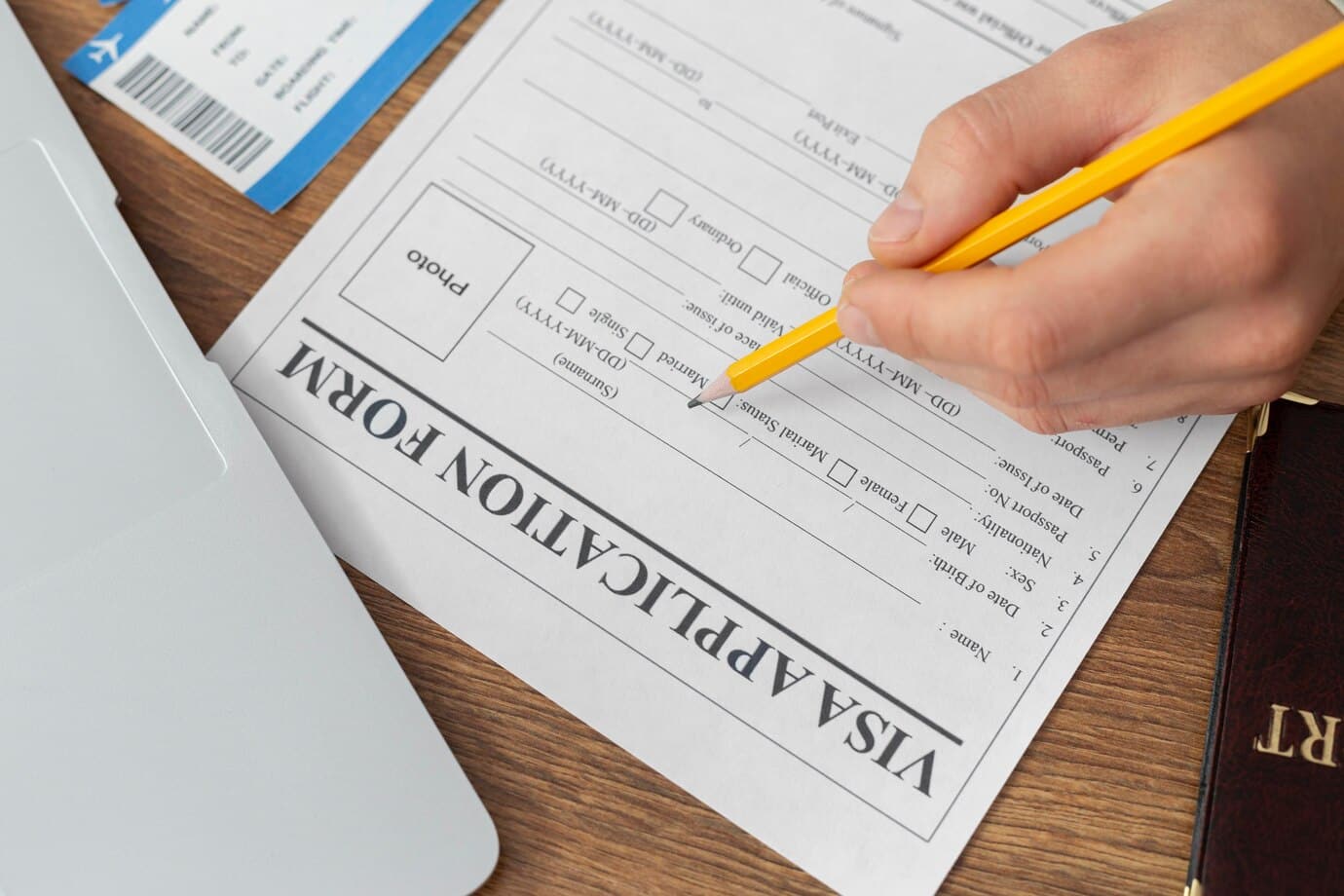Are you curious about the probate process in Wisconsin? Understanding the steps involved in probate can help you navigate this legal procedure with confidence. In this article, we will delve into the intricacies of probate in Wisconsin, from filing the initial petition to closing the estate. Let’s explore how the court oversees the administration of the decedent’s affairs and what you need to know about probate in the state.
Initiating Probate in Wisconsin
The probate process in Wisconsin typically begins with filing a petition in the county where the deceased person (decedent) resided. The court will appoint a personal representative, also known as an executor, to manage the estate. The personal representative is responsible for gathering and inventorying the decedent’s assets, notifying creditors, and distributing assets to beneficiaries.
Inventorying Assets
One of the crucial steps in probate is creating an inventory of the decedent’s assets, including real estate, bank accounts, investments, and personal property. The personal representative must determine the value of these assets as part of the probate process.
Notifying Creditors
During probate, the personal representative must notify creditors of the decedent’s passing. Creditors have a limited time to file claims against the estate to seek repayment of debts owed by the decedent. The personal representative is responsible for reviewing and approving valid creditor claims.
Court Oversight and Approval
The probate court in Wisconsin plays a vital role in overseeing the administration of the estate. The court ensures that the personal representative fulfills their duties according to state laws and the decedent’s will, if one exists. The court may need to approve certain actions, such as selling estate assets or distributing property to beneficiaries.
Finalizing the Estate
Once all debts have been paid, and assets have been distributed to beneficiaries, the personal representative can petition the court to close the estate. The court will review the final accounting of the estate and approve the distribution of remaining assets. Closing the estate marks the end of the probate process in Wisconsin.
Challenges in Probate
Probate proceedings can sometimes face challenges, such as disputes among beneficiaries, contested wills, or complex asset valuations. Resolving these issues may require court intervention and legal guidance to ensure a fair and equitable distribution of the estate.
Seeking Legal Counsel
If you encounter difficulties during the probate process or have questions about your rights as a beneficiary, seeking legal counsel from an experienced probate attorney can provide valuable guidance and support. An attorney can help navigate complex legal matters and protect your interests throughout the probate proceedings.
Exploring Probate Alternatives
While probate is a common method of estate administration, some individuals may explore alternatives to avoid the probate process, such as establishing a living trust or designating beneficiaries on certain assets. Understanding your options can help you make informed decisions about estate planning and asset distribution.
Consulting with Estate Planning Professionals
Consulting with estate planning professionals, such as estate attorneys or financial advisors, can help you create a comprehensive plan that aligns with your goals and preferences. These professionals can offer insights into probate alternatives and assist you in developing a strategy that meets your unique needs.
Final Thoughts on Probate in Wisconsin
Probate in Wisconsin is a structured legal process that ensures the orderly distribution of a decedent’s assets and settlement of debts. By understanding the steps involved in probate and seeking appropriate legal guidance when needed, you can navigate the probate process effectively and protect your interests as a beneficiary or personal representative.
Buried in Work’s Additional Resources
Buried in Work provides Wisconsin state-specific service provider directories and information related to estate preparation, end-of-life tasks, and estate transition information. Click here to learn more.
If you have feedback, questions, or ideas for future articles or Information Hubs, please contact us. Your insights help us create valuable content.


